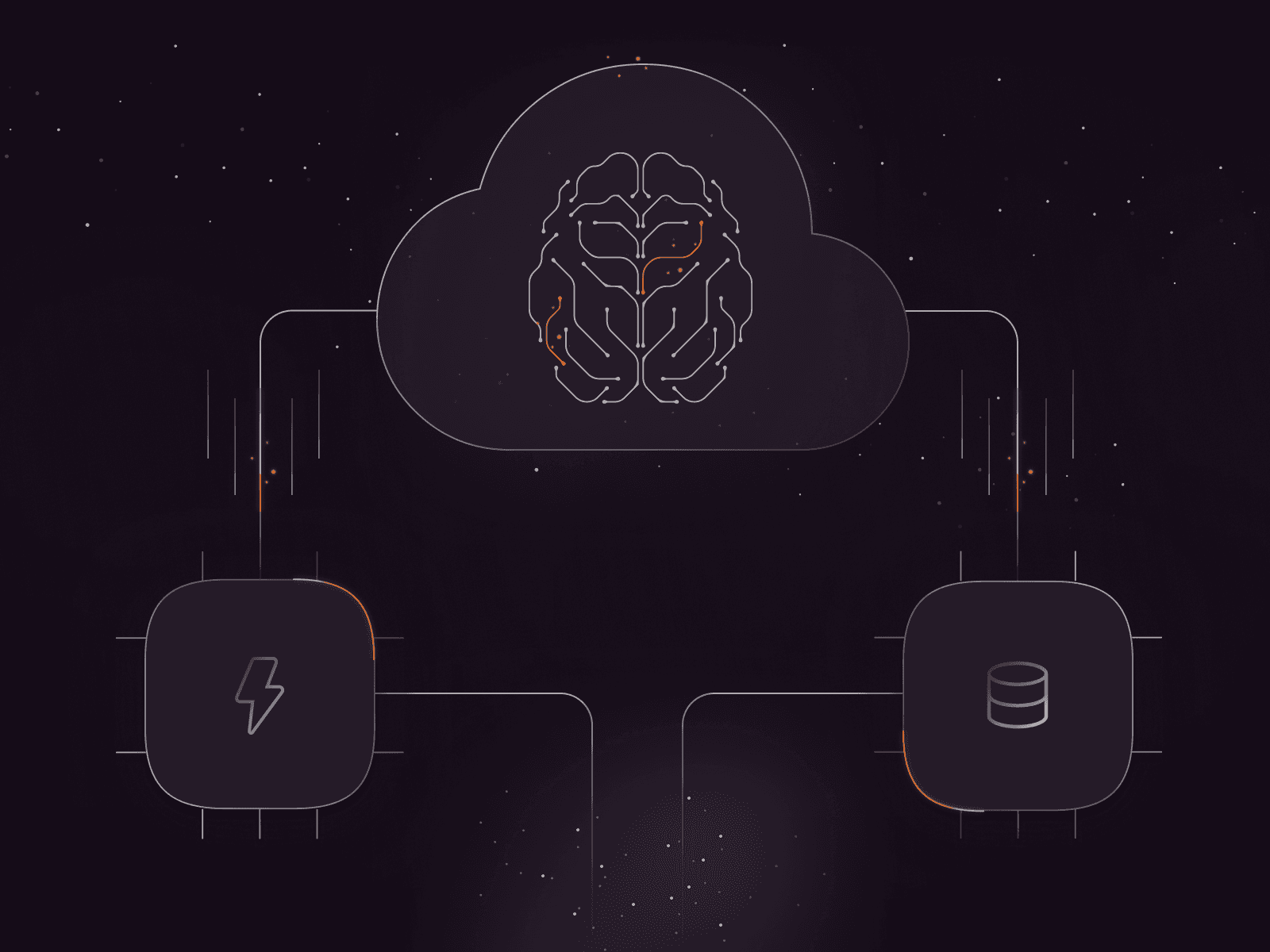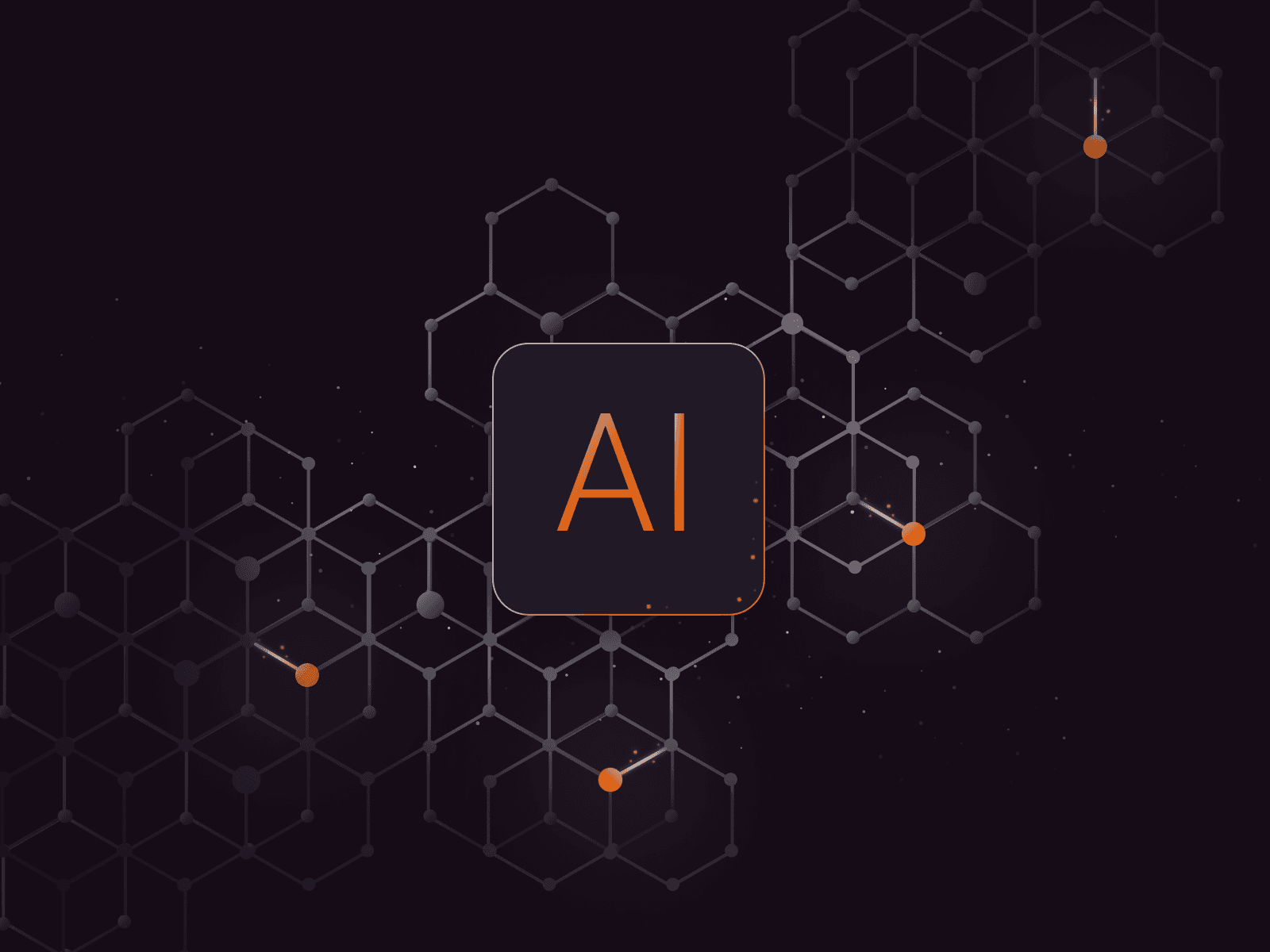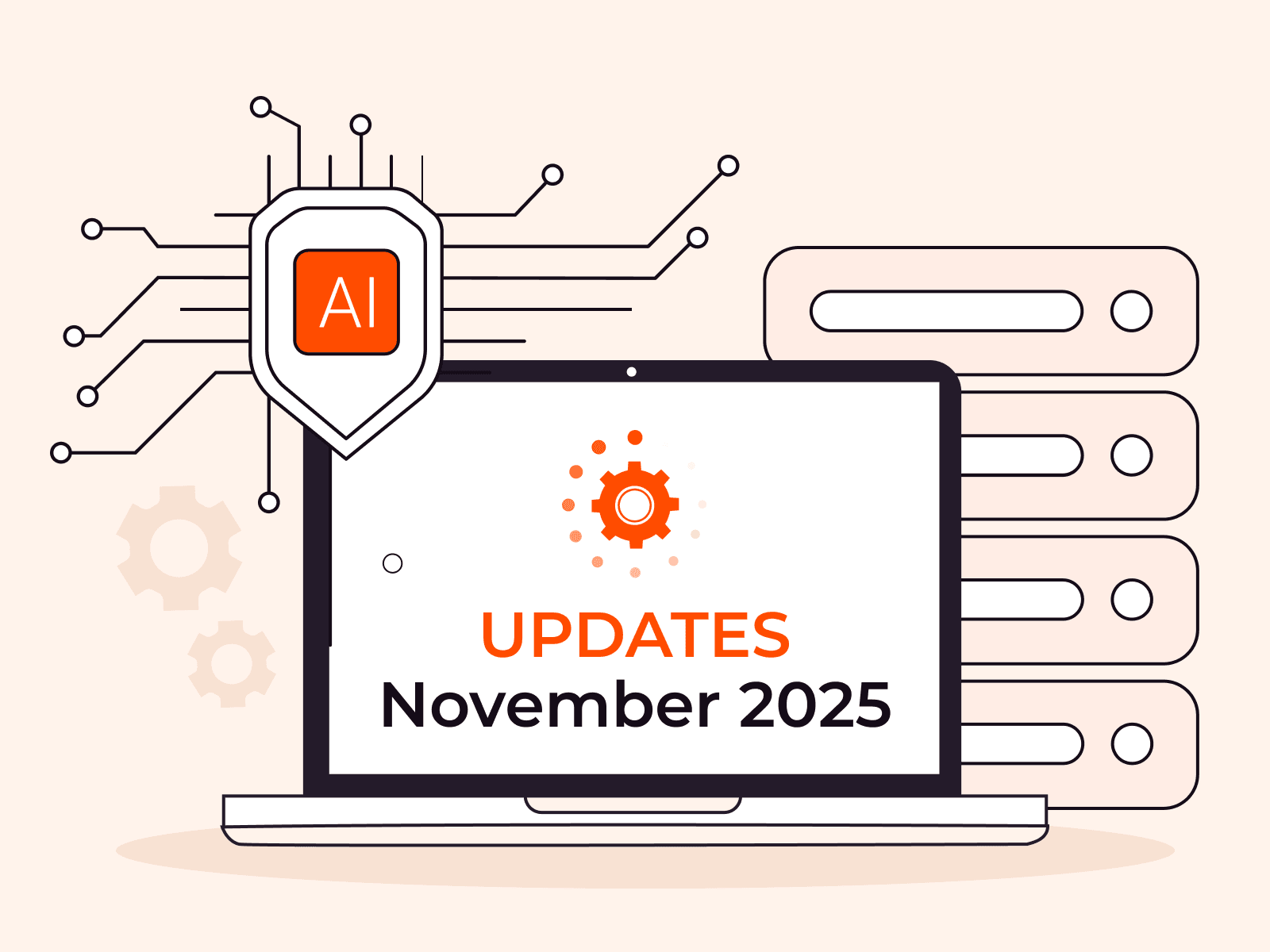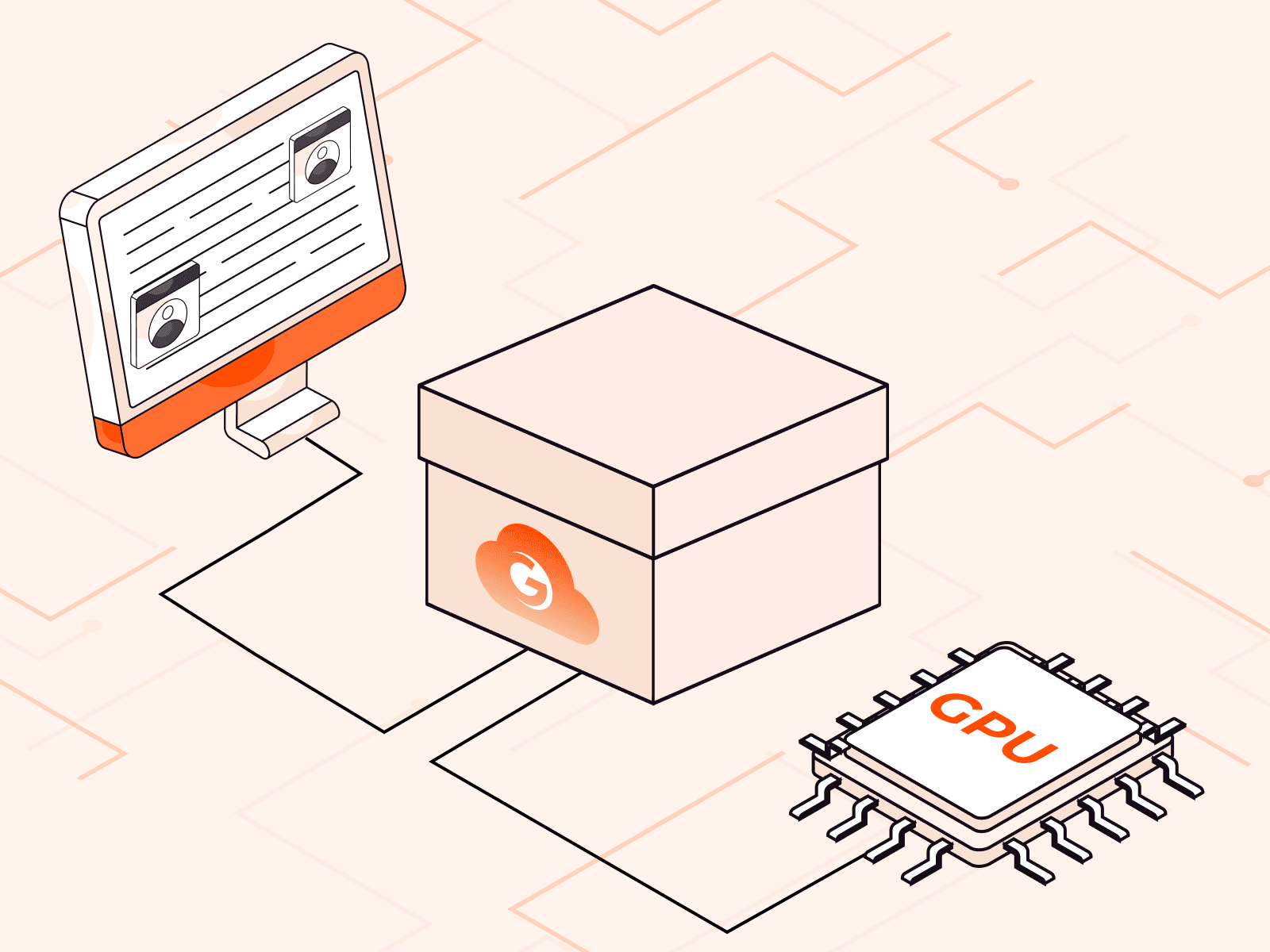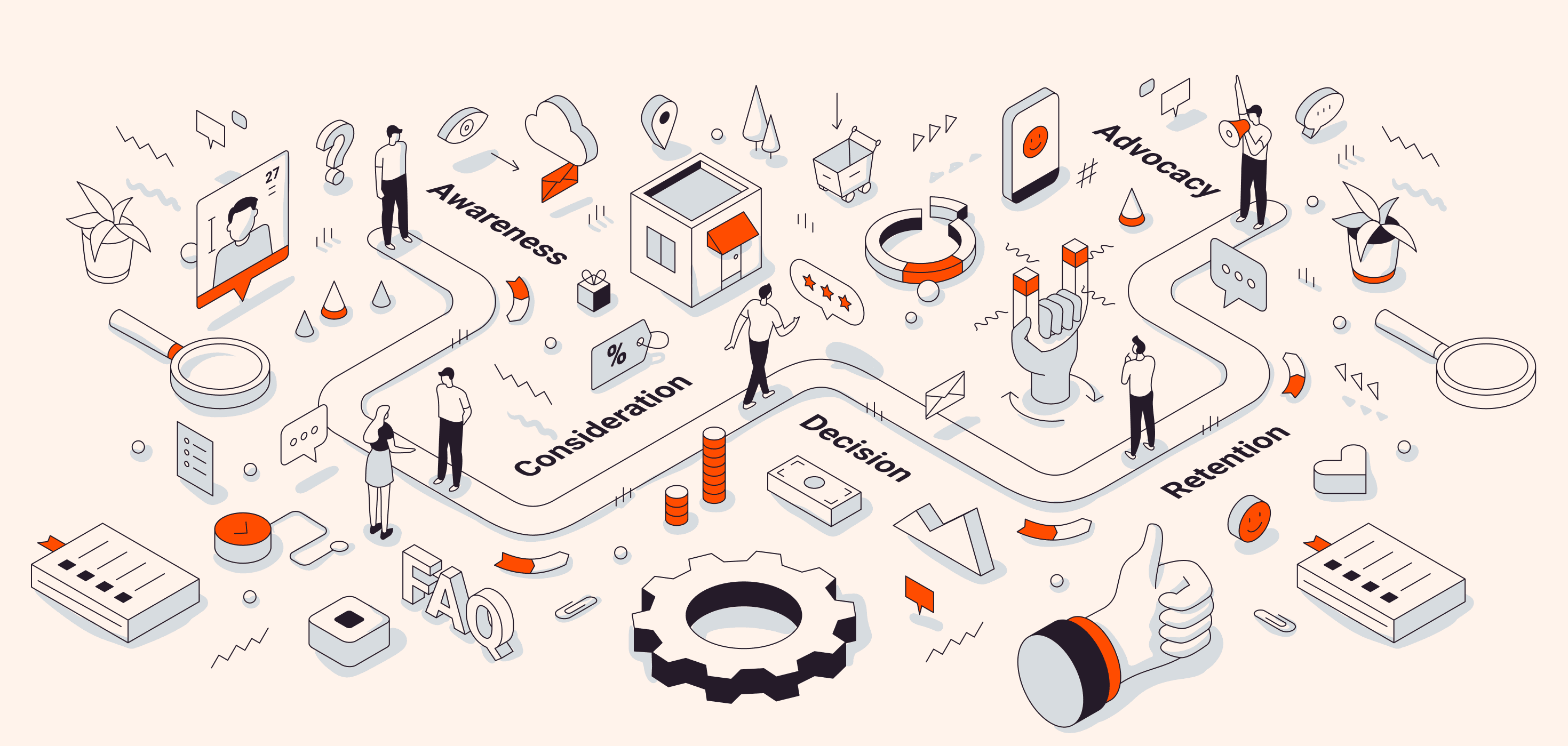What Trump’s overturning of Biden’s AI Safety Executive Order means for businesses
- January 22, 2025
- 3 min read

On January 21, 2025, Donald Trump marked his return to the presidency by making several executive orders, including repealing Biden’s 2023 AI Safety Executive Order, a policy designed to regulate artificial intelligence development and use. The repeal signals a major shift in US AI policy towards prioritizing innovation over regulation.
This highly anticipated move has already sparked debate about what it means for the future of AI in the US. For some, it represents an opportunity for rapid innovation. For others, it raises concerns about the ethical implications of deregulation.
Alongside the repeal, Trump also announced a $500 billion AI investment initiative, named Stargate, which aims to accelerate advancements in AI and related technologies. Together, these actions highlight the administration’s focus on positioning the US as an AI leader.
In this article, we’ll explain what Biden’s executive order set out to achieve, why Trump scrapped it, and the implications for businesses both in the US and around the world. We’ll also explain how your company can stay ahead of AI regulatory changes.
What was Biden’s AI Safety Executive Order about?
Introduced in 2023, Biden’s AI Safety Executive Order aimed to set comprehensive safeguards for the development and deployment of AI technologies. Key provisions included the following:
- Mandatory safety testing: AI developers were required to submit safety test results to federal authorities before releasing products with potential societal impacts, such as tools used in national security, healthcare, or finance.
- Standardized testing frameworks: The National Institute of Standards and Technology (NIST) was tasked with creating consistent safety-testing protocols for AI systems.
- Risk mitigation: Federal agencies were instructed to evaluate AI-related risks, including cybersecurity vulnerabilities, algorithmic bias, and potential misuse.
The Executive Order reflected a growing need to address the risks of rapidly advancing and proliferating AI technologies. It aimed to improve transparency and accountability, but at the risk of slowing down development.
Why did Trump scrap the AI Safety Executive Order?
The Trump administration framed the repeal as a necessary measure to remove bureaucratic obstacles to innovation. Officials argued that Biden’s regulations stifled creativity, particularly for smaller companies, and created delays in AI product development that risked the US’s status as an AI powerhouse.
Trump’s approach aims to encourage a more competitive environment where businesses can experiment with AI freely without federal oversight. This aligns with his broader vision of reducing regulation across industries.
However, critics warn that deregulation may exacerbate issues like AI bias, unethical applications, and cybersecurity risks. Trump’s administration, for its part, maintains that the market itself will incentivize responsible practices, as businesses strive to build trust with their customers.
What does this mean for businesses?
Despite this repeal of the regulation being US-specific, this policy change will have global effects. The likely impact depends on whether or not your business operates in the US.
For US companies
The removal of federal guidelines creates a more flexible but potentially volatile operating environment.
- Faster innovation cycles: Startups and small-to-midsize enterprises, previously hampered by compliance costs, may now find it easier to enter the market and innovate rapidly.
- Increased market competition: Relatedly, deregulation could foster a more competitive landscape, as companies race to capitalize on the freer environment.
- Self-regulation becomes crucial: With federal oversight diminished, companies must take responsibility for ethical AI practices. Those failing to self-regulate risk damaging their reputations, especially as consumers and partners demand transparency.
It’s worth noting that this repeal does not affect state-specific regulations, so your company may still have legal obligations to comply with AI-related laws in states like California. You can learn more about these regulations in our blog article about AI regulations in North America.
For non-US businesses
The repeal’s effects extend beyond the US border because AI is a globally connected industry. Even if your business doesn’t operate in the US, it’s worth being aware of the policy shift’s knock-on effects.
- Competitive pressure from US companies: With fewer regulatory constraints, US firms may innovate more aggressively, creating challenges for non-US competitors operating in stricter regulatory environments such as companies based in the EU operating under the AI Act.
- Navigating regulatory divergence: International businesses working with US partners or customers may face a patchwork of ethical and compliance expectations, even if your business isn’t based in the US. Working with a global AI provider like Gcore can make it easier to keep up with regulatory changes, and you can pass on that benefit and compliance to your customers.
Adapt to AI policy shifts with agility
AI businesses must remain agile and adaptable in light of these changes. Regulatory landscapes can shift overnight, creating opportunities and challenges. The key to success lies in balancing innovation with ethical responsibility. The removal of regulatory guardrails may spur rapid innovation, particularly among smaller players. However, it also places greater responsibility on companies to self-regulate and maintain trust.
Whether you’re deploying AI in the US or looking to simplify your global AI operations, Gcore’s end-to-end AI solutions can help. Get in touch for a personalized consultation and discover how Gcore Edge AI can support your AI innovation journey.
Related articles
Subscribe to our newsletter
Get the latest industry trends, exclusive insights, and Gcore updates delivered straight to your inbox.

